Relocating to Australia is an exciting adventure, whether for study, work, or a new life chapter. However, moving to a new country requires meticulous planning to ensure a smooth transition. Since, Aussie culture is so much more than beer, barbecues and hot weather. This is a land of genuine variety, where you can go skiing and surfing on the same day. Australia is a place where, unless they follow each other round, no two people can have the same experience.
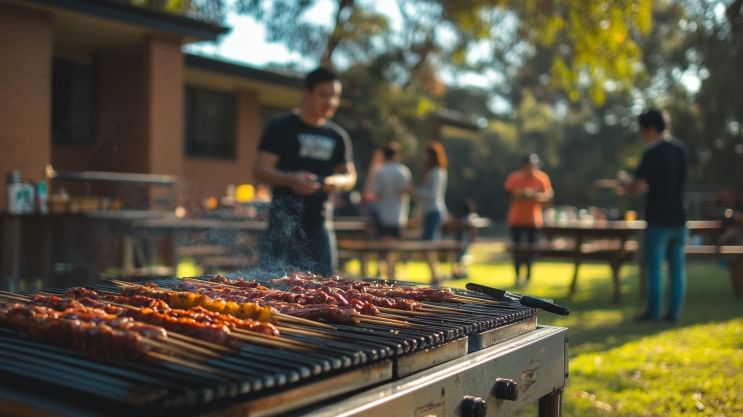
We all know the basic passport, visa and a lot of good luck is required for moving across countries, these are the things you will need that will help you settle down faster, without the stress of “Have I forgotten…?”
1. Documentation Portfolio (Beyond the Basics)
While your passport, visa, and university/work documents are essential, consider creating a comprehensive documentation portfolio that will reduce the stress and help you allocate your crucial documents all in one place. Include these:
- Certified Copies: Carry multiple certified copies of important documents like birth certificates, marriage certificates, and previous academic or professional records.
- Tax File Number (TFN): If you plan to work in Australia, apply for your TFN immediately upon arrival.
- Rental References: If you plan to rent, bring reference letters from previous landlords to strengthen your application.
2. Weather-Appropriate Clothing
Australia’s climate varies dramatically across its regions. While Sydney or Brisbane might call for summer wear, Melbourne’s weather can switch between all four seasons in a day. Here’s what you should add to your backpack that will help you manage during all the possible climate changes in Australia:
- Light Layers: For flexibility in unpredictable weather. Carry a pair of thermals if you’re the kind to freeze up easily.
- UV-Protective Clothing: Australia has one of the highest UV indexes in the world, so sun-safe clothing is a must.
- Wet Weather Gear: If heading to places like Tasmania or the tropics, a good-quality rain jacket will be invaluable.

3. Adaptors and Voltage Converters
Australia uses a unique three-pronged plug type (Type I) and operates on 230V/50Hz electricity. To avoid frustration, pack:
- Universal Adapters: Ensure compatibility with Australian outlets.
- Voltage Converter: Necessary for appliances that don’t support 230V, such as certain kitchen gadgets or electronics.
4. Travel-Friendly Financial Setup
Before moving, ensure that your finances are Australia-ready, since you don’t want to be caught up in an exchange which could pull you back from making certain financial decisions or payments.
- International Debit/Credit Cards: Ensure they work in Australia without excessive fees.
- Australian Bank Account: Open an account online before arrival (many banks offer this option) to facilitate quick access to funds and avoid delays.
- Emergency Cash: Carry a mix of Australian dollars and USD/EUR as backup currency.
5. Essential Apps and Subscriptions
In Australia, certain apps and services can save you time and make your transition easier. This is the first rule of research for a new destination. Understand the way people live and the applications on their phones that make living accessible and effortless.
- Transportation Apps: Download local public transport apps like Opal (NSW) or Myki (VIC) for seamless commuting.
- Food Delivery: Services like Uber Eats or Menulog are widely used.
- Utility Comparison Apps: To set up utilities quickly, platforms like iSelect or Finder can help compare providers.
- SIM Card Services: Activate services like Telstra or Optus online before you land to avoid being disconnected.
6. Health and Medical Preparations
Australia’s healthcare system is robust but requires planning for newcomers. However it is always advised that students come well-prepared for the sickness they could encounter.
- OSHC or Health Insurance: If you’re an international student, Overseas Student Health Cover (OSHC) is mandatory. Workers or residents should apply for Medicare if eligible.
- Prescriptions: Bring a 2–3 month supply of essential medications along with a copy of your prescription for continuity of care.
- Health Records: If you have pre-existing conditions, carry a detailed medical history for Australian doctors.
7. A Practical Starter Kit
When you arrive, you might not immediately have access to all household essentials. A small, practical starter kit can help:
- Reusable Water Bottle: Tap water in Australia is safe to drink, and carrying a bottle saves money and reduces waste.
- Portable Cutlery and Coffee Cup: Ideal for Australia’s eco-conscious culture.
- Power Bank: For staying connected during long commutes or while settling in.
8. Familiar Comforts
Moving to a new country can be overwhelming, and bringing small pieces of home can ease homesickness, or make your abode feel like home with the meals that you cook or specific fragrances that remind you of your family. They can be:
- Food Staples: Pack non-perishable items or spices from home that might be hard to find in Australia.
- Photos and Mementos: Personalize your new space with familiar items to make it feel like home.
9. Local Knowledge
Try to hit Youtube as well as reviews from former students who have stayed there. Note down the tips and tricks, the commute and restaurant/bars you can head to. Also look up potential career choices and companies you could work part-time as well. This saves up time and additional effort while you’re there.
- Understand Local Laws: Learn about road rules, working rights, and renting laws to avoid surprises.
- Cultural Awareness: Familiarize yourself with Australian slang and customs—like “thongs” meaning flip-flops or the importance of a BBQ invitation!
10. A Long-Term Mindset
Moving to Australia isn’t just about settling in—it’s about thriving. The way to thrive will be to let your past memories stay aside and focus on building your future.
- Professional Development: Join LinkedIn groups and local meetups to network within your industry.
- Volunteering Opportunities: Many Australian communities value volunteering, and it’s a great way to integrate and give back.
- Hobbies and Clubs: Whether it’s surfing, hiking, or cricket, joining clubs is a fantastic way to make friends and enjoy Australia’s outdoor lifestyle.
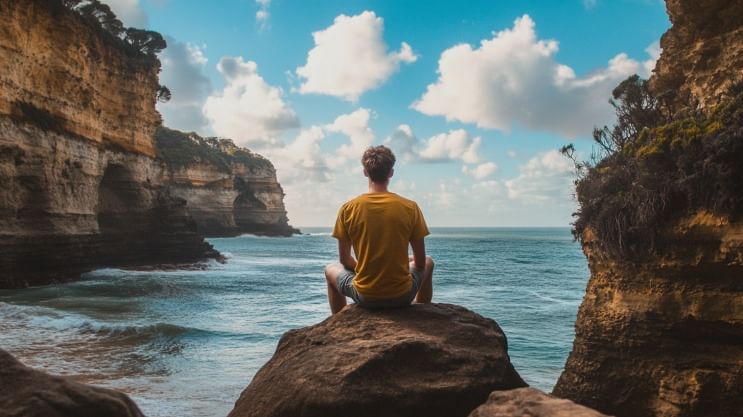
Moving to Australia is an opportunity to embrace a new culture, lifestyle, and environment. By preparing thoughtfully and beyond the basics, you’ll set yourself up for a successful transition. Remember, a mix of practical planning, cultural awareness, and personal comfort items can turn this big step into a rewarding adventure.
FAQs
What is needed to move to Australia?
To move to Australia, you typically need a valid visa that aligns with your purpose for relocating, such as work, study, or family reunification. Key requirements often include meeting specific eligibility criteria, such as age, skills assessment, and English proficiency, as well as obtaining necessary documentation like a passport and health checks.
What can I carry to Australia from India?
When moving to Australia from India, you can carry personal items such as clothing, electronics, and certain food items like coffee and biscuits, but you must declare them upon arrival. However, you cannot bring fresh fruits, vegetables, meat, dairy products, live plants, or certain sweets without special permission due to strict biosecurity laws.
How much money do I need to move to Australia?
The amount of money needed to move to Australia varies significantly based on individual circumstances, but you should budget for several key expenses. Initial costs may include visa application fees (around AUD $4,640), relocation expenses (potentially AUD $10,000 or more), and living expenses of approximately AUD $3,000 to $3,500 per month for a family, excluding rent.
How do I prepare to live in Australia?
To prepare for living in Australia, you should start by organizing essential documents, including your passport and visa, and setting up an Australian bank account. Additionally, arrange for health insurance, temporary accommodation upon arrival, and familiarize yourself with local customs and services to ease your transition. Finally, consider packing necessary personal items and researching the cost of living in your chosen area.
What is the best age to move to Australia?
The best age to move to Australia generally falls under 18 to 44 years, as most skilled migration visas have a strict age limit of 45. Younger applicants tend to have more visa options and better chances for skilled migration, while those over 45 may explore alternatives like investment or family-sponsored visas.

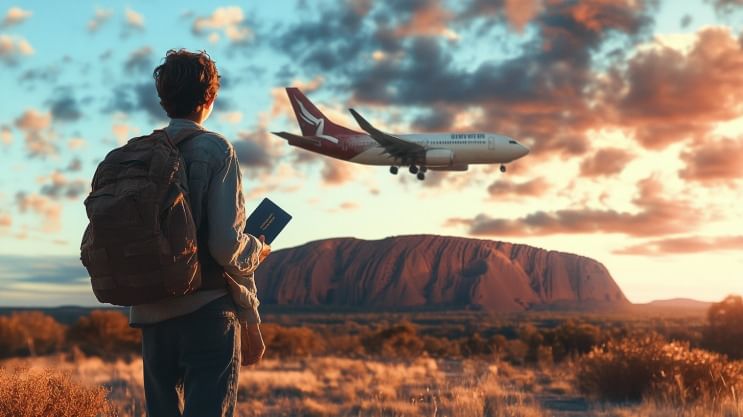








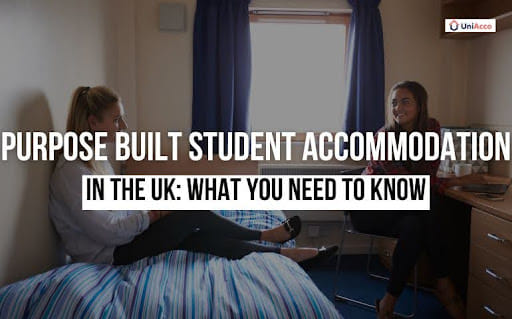
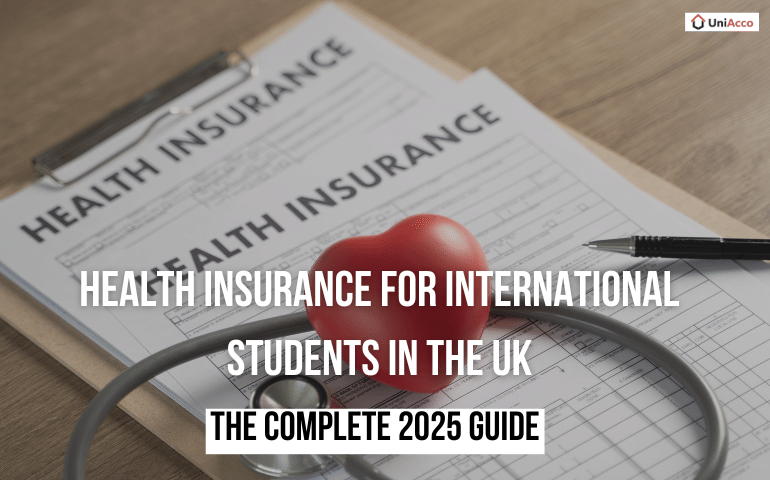


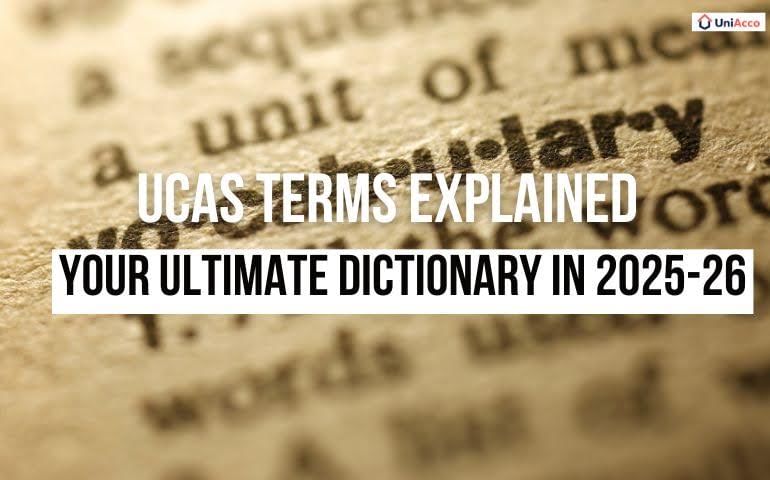
0 Comments